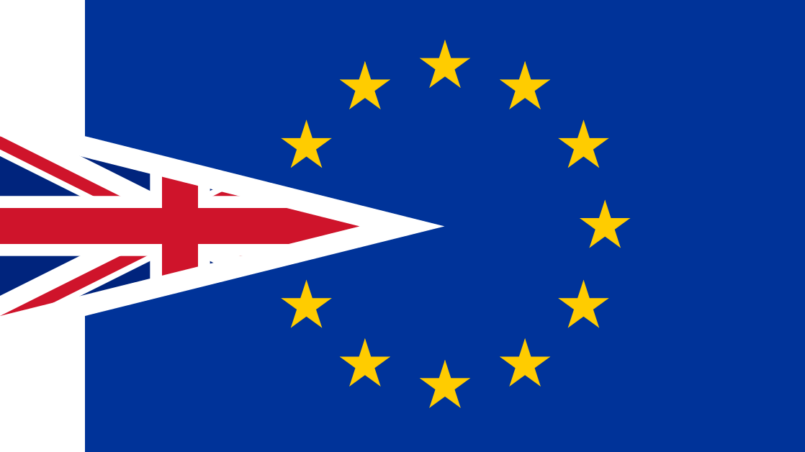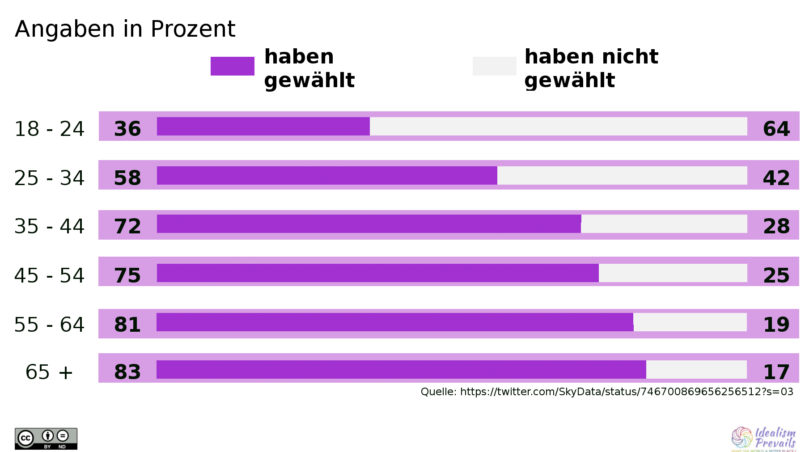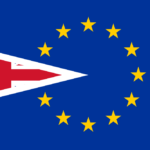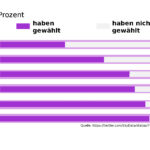Brex(Sh)it happens

For many – including myself – it came as a surprise after all. I went to sleep on Thursday night during the first by-election survey, according to which 52 per cent of Britons supposedly voted for remaining in the EU. The next morning however held a surprise: The Brexit is here. The British bookies, reputed to be reliable, had been severely off beam (Bremain was at 70% on Thursday morning).
So why a Brexit? Most expect fewer regulations for their lives or their business (eg fisheries). Others hope for new job opportunities when the migrant workers from the EU (Only half a million from Poland) have to go home. Many also dream of the good old days of the british empire when one influenced the destiny of the world (beyond the City of London). The gap between rich and poor, in any case, will extend with and without the EU, as long as it continues to be heavily promoted through tax havens and tax breaks. Neither refugees nor migrant workers can be blamed for this. It is interesting that there is a majority for the exit in the one member country with the most special rules and exemptions from Community decisions. This should give pause to Brussels.
When analyzing the results in more detail, it is somewhat reminiscent of the Austrian presidential elections a few weeks ago. The breaking points are similar: urban-rural, young-old, depending on education (not on men-women this time). In case of England, there’s also the Scots’ and Northern Irish’ affinity for Europe. The former have already announced a new referendum. The Sinn Fein in Ireland want to hold a vote on reunification of the island – which, in view of recent German history can hardly be denied the Irish.

David Cameron’s resignation after this result was expected. His role in the history books will probably not be to his liking. Withdrawal from the EU, possible collapse of the United Kingdom? For years he (but not only he) has been rallying against Brussels, in part certainly rightly so. The fact that his conversion to a Europe advocate since early 2016 is not being bought, hardly surprises. Assuming that there aren’t going to be new elections anyway, Boris Johnson is the most likely successor to David Cameron – if one can still believe the bookies.
The first finger-pointing was quick to happen: the elderly voted for the Brexit, the young were for Bremain. What should not be overlooked here though: Only 40% of young voters went to the polls. In absolute terms, there were more Bremain voters in every age group than in the group of 18 to 24 year olds. If you show so little interest in this vote, don’t be surprised the next morning when the result is as it is. Democracy, after all, does not owe the voters.
The economic consequences are difficult to assess, the exaggerations of both sides are best ignored. Various companies have already announced plans to transfer their seat to mainland Europe or Ireland (favorable tax). Whether the financial sector – by far the largest (some say: the only notable one) – remains in London, probably depends on further concessions by the British government – the lever, in any case, lies with the financial institutions. The demise of the British Isles will still not occur, even then. They will (have to) approach the US – and possibly, the migration of one or another large corporation may offer opportunities for medium-sized enterprises to develop. Britons, after all, are said to be optimists. The decline of the pound ought to make domestic products more attractive. The high sales figures of German automakers will probably not hold in the future.
What’s next? The British must submit an exit request to the EU, only after which the two-year negociation period begins (to which the Brexit advocates do not want to adhere), to specify the conditions of withdrawal. It remains to be seen which British politician, at what time, will submit this request. Cameron probably won’t be doing it. From a neutral perspective, it would probably make the most sense to leave these negotiations to UKIP and Nigel Farage – after all, this party was the biggest proponent of dropping out and should bear responsibility for the results of negociations also. Their demands are not likely to be met by Brussels as they are.
The EU’s signals are clear: This is to be negociated quickly: in is in, and out is out, as the German Finance Minister made just as clear, as the Foreign Ministers of the six founding members of the EEC. Should Britain linger too long, a paragraph of the EU Treaty could be activated, which authorizes the EU to start negociations on their own accord, under the premise of “prevening damage to member states”. This paragraph is still being legally considered in terms of its applicability.
The petition, which is currently haunting the media and calling for a second referendum or a repeat, has now been signed by over two million people. However, only a small part of them (about 350,000) are British. Furthermore, the petition was started as early as May, by a Brexit advocate who feared that Bremain was going to win. He rightfully feels invaded now.
There is one good thing about all this: In the future, the football players of the island will no longer have to explain why they are allowed to compete with up to five different teams in international tournaments.
Translation from German: Serena Nebo
Credits
| Image | Title | Author | License |
|---|---|---|---|
 |
Brexit header | Rlevente | CC BY SA 4.0 |
 |
Voter turnout regarding age groups | Patryk Kopaczynski | CC BY-ND 4.0 |
